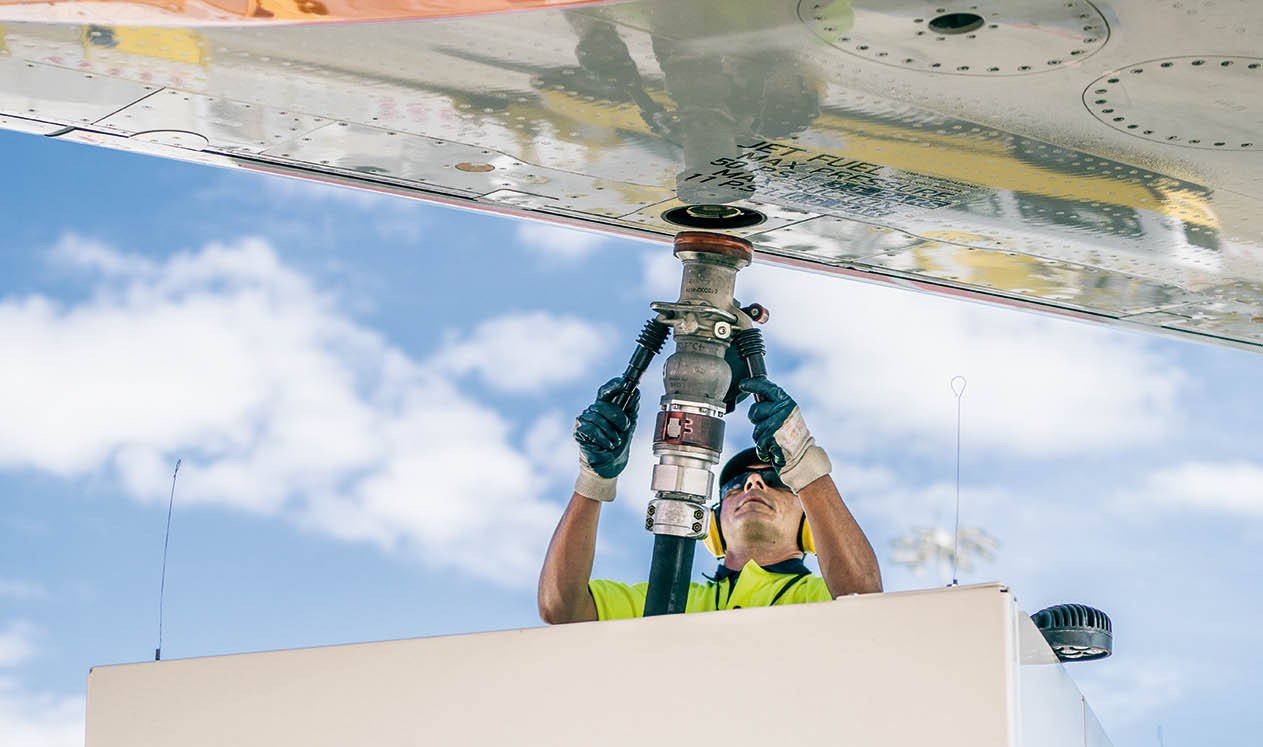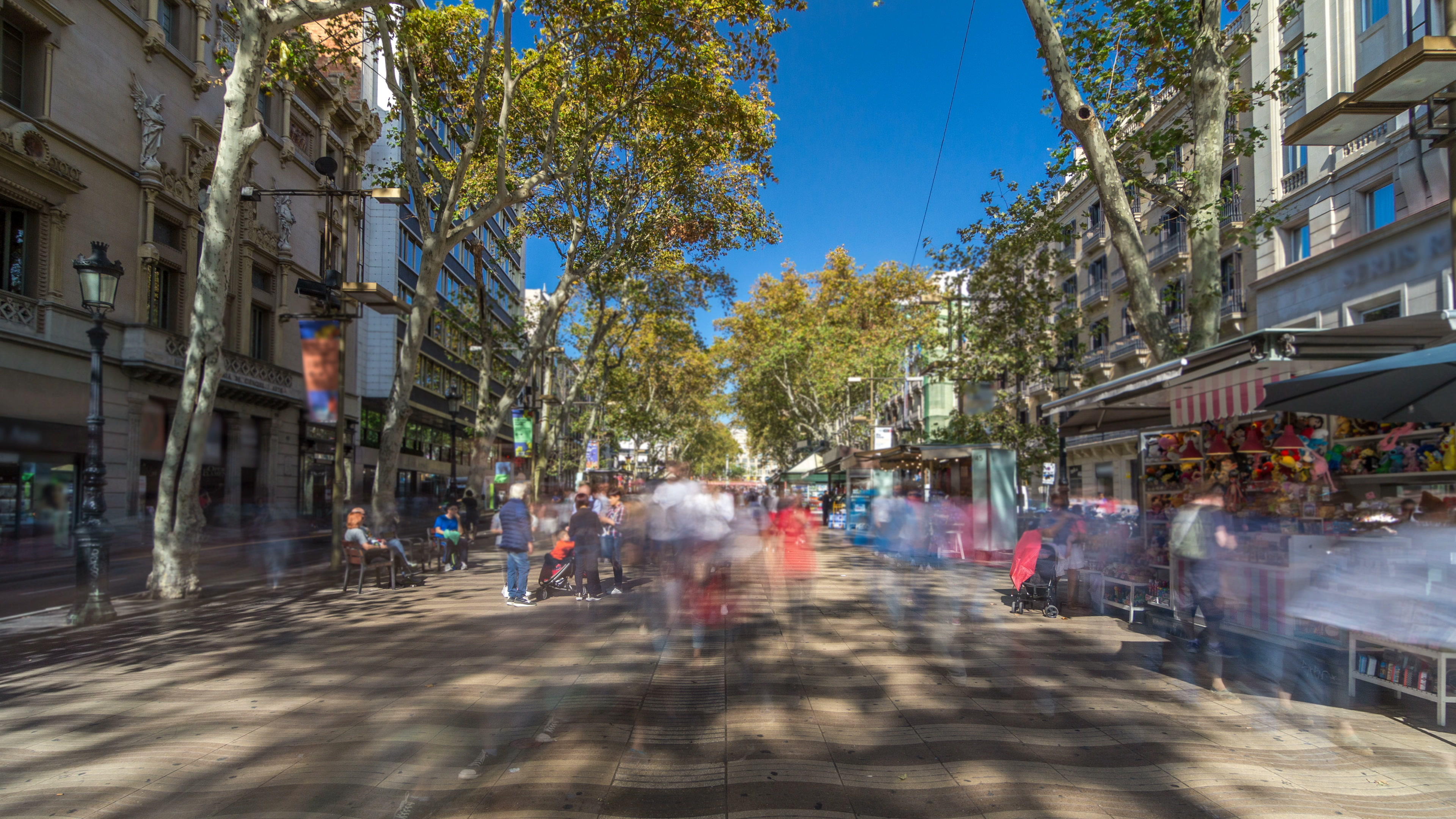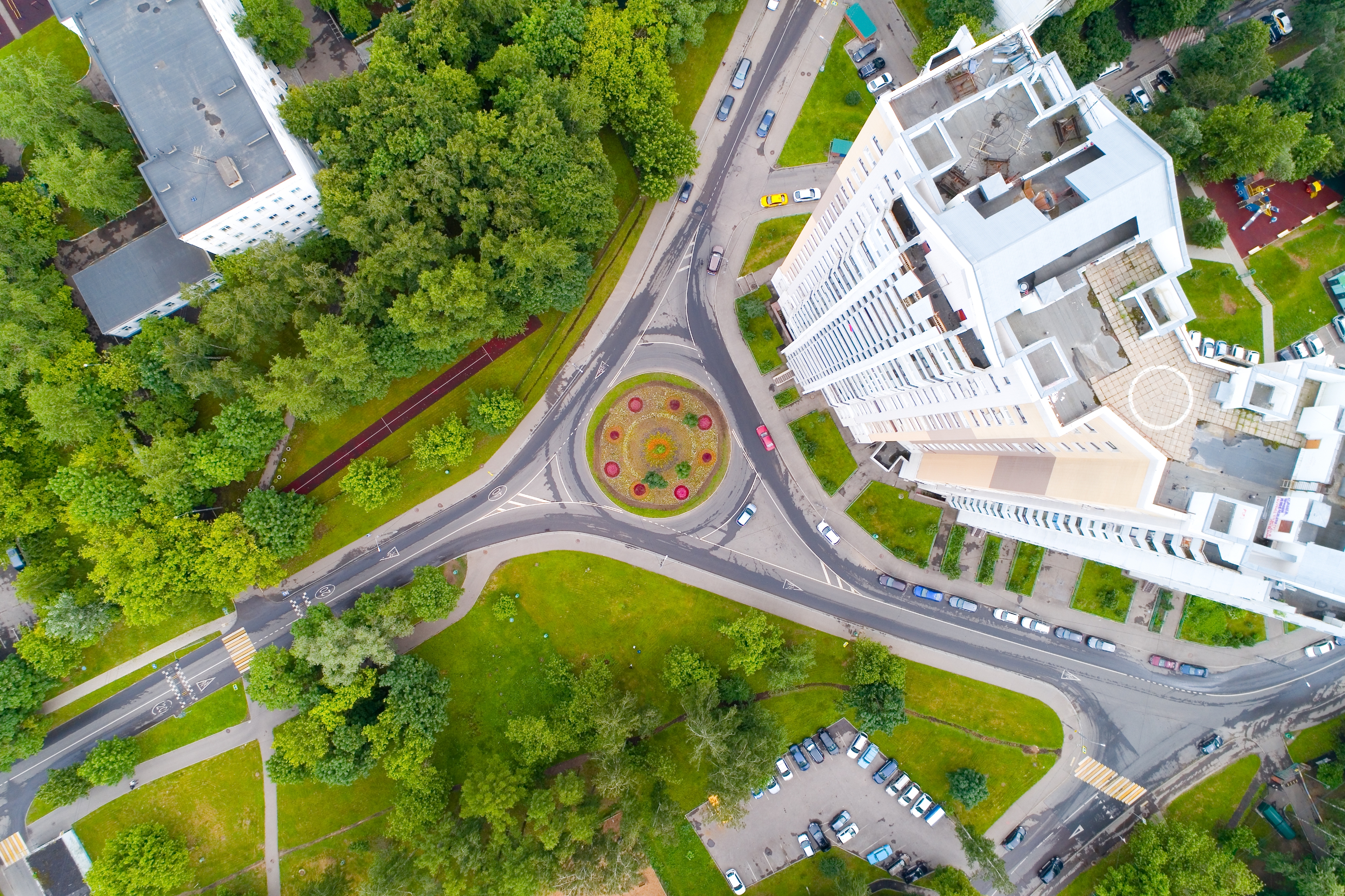There is a broad scientific consensus that we are witnessing global warming forced by the greenhouse gases emitted into the atmosphere by human activity. Based on this evidence, young people worldwide have mobilised to demand more facts and less rhetoric and posturing from political leaders. They are not without reason, and their protest has gained a great deal of social support. The time for action has come, but are we aware of the nature and true scale of the challenge ahead?
The first step to solving a problem is to formulate it correctly. And to this end we must have present that the CO2 emitted by human activity is related to four variables, considered on a global scale: 1) the population; 2) GDP per capita; 3) energy used per GDP unit (or energy intensity); and 4) the CO2 emissions emitted per energy unit consumed (or carbon intensity). From the figure resulting from the multiplication of these four factors, we must subtract the amount of CO2 that once emitted, we can remove from the air, either by natural means (for example, by avoiding deforestation and encouraging reforestation) or artificial means (using diverse engineering techniques, more or less developed and costly) that would allow CO2 to be removed from the air and subsequently reused within the framework of a circular economy scheme.
This leads us to recognise two major components, of a very disparate nature, in the phenomenon of global warming. On the one hand, the first two factors (population and GDP per capita) are related to the current socio-economic model, which postulates unlimited demographic and economic growth, while the last two (energy intensity and carbon intensity), together with the component of removal and use of CO2 emitted, are related to a certain energy model and level of technological development that make the objectives of demographic and economic growth possible.
We are, therefore, facing a systematic challenge, whose solution would require not only influencing (as is commonly believed) energy and technological aspects but also the current socio-economic model. A theoretical approximation that clashes with a harsh reality: the global demographic and economic trends point to continued growth in the next few decades.
In demographics, the world population is expected to reach 9.144 billion people in 2040, compared to 7.421 billion in 2016. Another particularly striking figure of these forecasts is that in 2040 64% of the world population will be concentrated in urban areas, compared to 54% in 2016; a percentage, the former, which may exceed or approach 80% in regions such as North America, Central and South America, and the EU, as well as in countries such as the US, Brazil, Russia, and Japan. We find ourselves before a process that adds to the global urban population a city the size of Singapore every four months.
And in terms of global economic growth, an average compound annual GDP growth rate of around 3.4% is expected for the period 2016-2040, with the highest growth rates concentrated in Africa (4.3%) and above all in the Asia-Pacific region (4.5%), and the lowest in the industrialised OECD countries. Another interesting element linked to the global economic growth is the forecast that the middle class will expand globally, increasing around 80% by 2030 and surpassing 5 billion people, with the majority of said growth coming from countries not part of the OECD.
Faced with the difficulty of reversing such trends, the international community has decided to focus on a new energy transition capable of decoupling economic and demographic growth from rising energy demand and greenhouse gas emissions. To achieve it, we have three tools: efficiency, decarbonisation, and removal and use of CO2. However, the global data in 2018 show that the sum of actions in these three areas has not even been able to stabilise emissions compared to 2017. The emissions continue to increase, driven by economic and demographic growth. And if that weren’t enough, in the absence of disruptive scientific and technological breakthroughs, the energy transition is unlikely to be as smooth and fast as would be desirable.
Article published in El Periódico.





